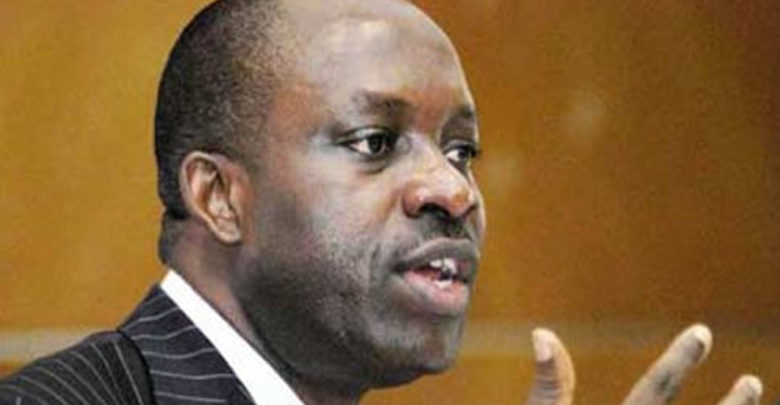
- Soludo said, “Nigeria earns almost as much from oil as it earns from remittances from the Diaspora. But we cannot export illiterates in a world driven by digital revolution. The easiest way to waste the future is to continue to churn out millions of semi-illiterates, largely unemployable citizens, most of whom see criminality as the only way to escape poverty trap or drug as the opium for solace.
A former Governor of the Central Bank of Nigeria, Prof. Charles Soludo, on Tuesday said treasury looters must not define Nigerians.
He spoke at a programme, ‘The Platform’, organised by the Covenant Christian Centre in Lagos.
The programme, which was broadcast live on social media and a TV station, was monitored by our correspondents.
Soludo said Nigeria must begin to shift its focus from oil to human capital as its next biggest revenue earner.
For this to happen, the professor of Economics said Nigeria must invest in the education of its youths.
He added that the widespread poverty in the country needed to be urgently addressed, warning that the mass of poor people would no longer allow the rich to enjoy their wealth.
Soludo said, “Nigeria earns almost as much from oil as it earns from remittances from the Diaspora. But we cannot export illiterates in a world driven by digital revolution. The easiest way to waste the future is to continue to churn out millions of semi-illiterates, largely unemployable citizens, most of whom see criminality as the only way to escape poverty trap or drug as the opium for solace.
“With an urbanisation rate of over five per cent, the conflagration that might ensue when hundreds of millions surge to the cities but can’t find jobs, housing, water and food can only be imagined. Soon, I believe, the rich won’t be able to sleep because the poor, homeless and angry are awake.”
Soludo warned that politics was too serious to be left to politicians.
He expressed the hope that the situation might soon change and a new kind of politics would emerge to secure the future of the country.
Soludo added that beyond sloganeering, Nigerians had serious work to do.
“We must not let the treasury looters to be the ones to define us. We are still the largest economy in Africa.
“We are the most educated immigrants in the United States. The richest black man and woman are Nigerians.
“Those who have something to offer, especially our youths, must stand up to be counted.
“Are we preparing enough to welcome the 400 million Nigerians in 20 years’ time or the 800 million Nigerians in 40 years’ time?” he said.
The Professor of Economics said what was wrong with the country was that different administrations had implemented all kinds of plans.
He said the plans were all designed to diversify the economy, but that the country was still tied to the life-support of the oil sector.
Soludo advised that the underlying institution should be changed if the country wanted to change a persistent economic structure, but noted that Nigeria needs a new national business model.
He said many Nigerians are not engaging in economic and business investments that were compliant with modern trend and development.
The Managing Director/Chief Executive Officer, Financial Derivatives Company Limited, Mr Bismarck Rewane said mental discipline was more important than redesigning the Nigerian economy with new ideas.
He said China did not succeed because of new ideas but because of the mental discipline it deployed to execute the ideas.
“We closed our borders four weeks ago. The price of rice has increased. What happened? How vulnerable can we be to exogenous shocks? Why are we vulnerable? because we have refused to learn the lessons from the past and from others,” he said.
A former Governor of Anambra State, Peter Obi, said there were more people in Nigerian than in India and China.
While also citing the “Stress Index”, Obi said Nigeria was the most stressful country in the world.
“Today, we are the most stressful country. If you read the stress index, they said we are the most stressful.” He added.



